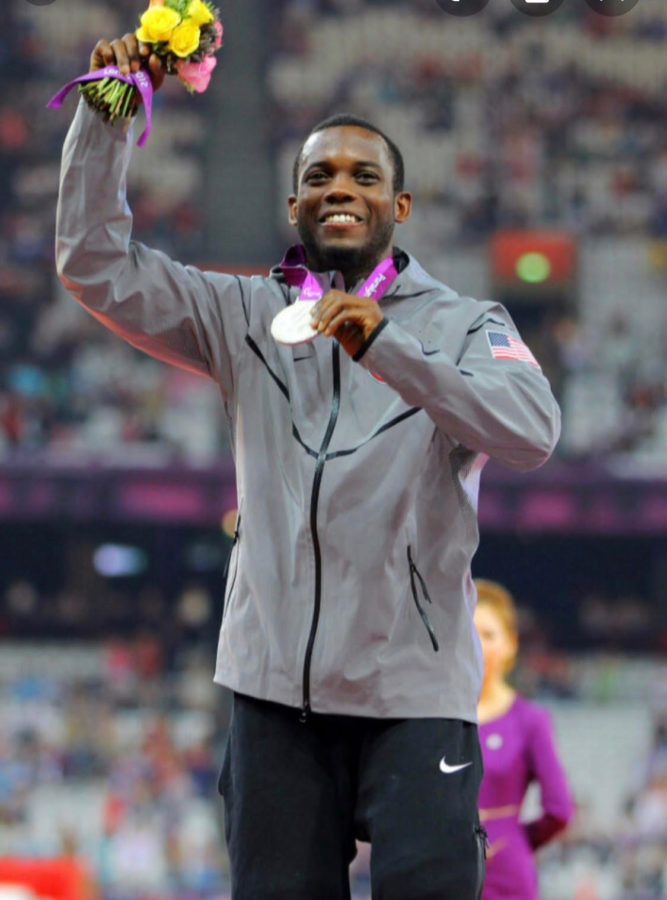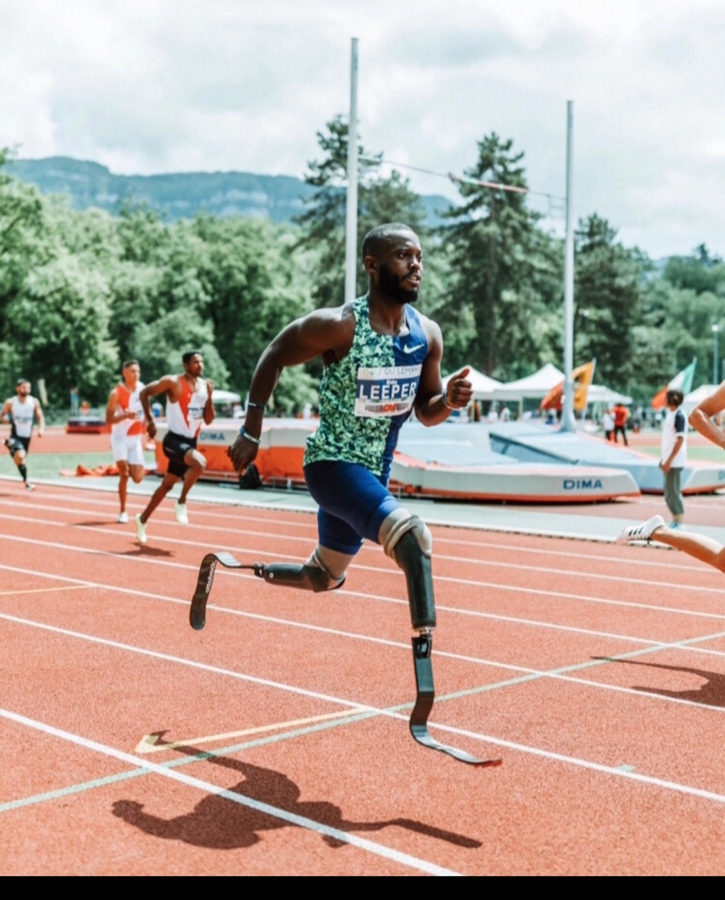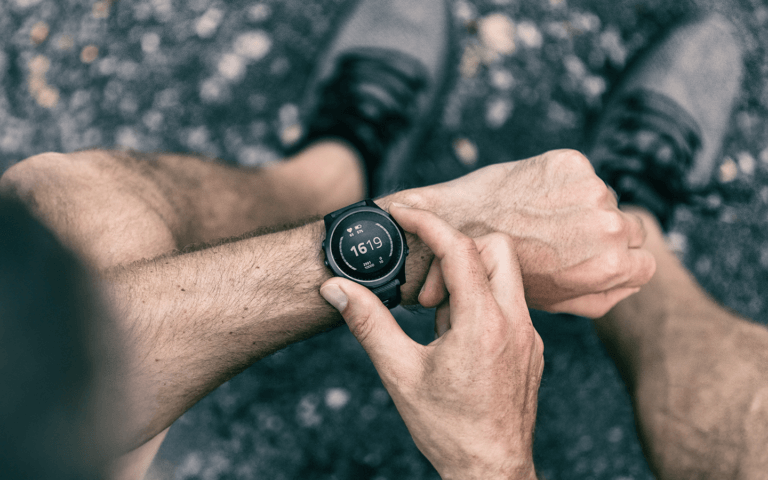Double-amputee sprinter Blake Leeper files challenge in Swiss Supreme Court to overturn CAS ruling permitting World Athletics to bar him from competing against able-bodied athletes based on racially discriminatory rule.

Double-amputee sprinter Blake Leeper has filed a legal action in the Swiss Supreme Court challenging a decision issued in October by the Court of Arbitration for Sport (CAS), that permitted international track and field federation World Athletics (formerly known as IAAF) to bar Leeper from competing on the same basis against able-bodied athletes in the Olympic Games or World Athletics series competitions using his running-specific prosthetics (RSPs).
The CAS arbitration panel upheld a World Athletics decision to bar Leeper on the basis that he runs at an “unnaturally” tall height on his RSPs, in violation of a so-called Maximum Allowable Standing Height (MASH) rule used in Paralympic competition but never adopted by World Athletics.
Leeper’s challenge is based on the racially discriminatory nature of the MASH rule. He claims “natural” limb proportions were derived from studies done solely with Caucasian and Asian subjects, and which inexplicably excluded any subjects of African descent.
For reasons that have never been explained, the MASH height limits were derived exclusively from studies of the limb and other body proportions of Caucasians from Spain and Australia, and persons from Japan, and fail to include any data from Black persons of African descent, such as Mr. Leeper.

The World Athletics own experts admitted that it is “well accepted and well documented” in scientific studies that Black persons from Africa or of African descent have different “leg length to height ratios” than persons of other genealogical backgrounds, and that Black athletes have “different body dimensions” than Caucasian and Asian athletes because Black athletes typically have “long legs relative to their height.”
In the CAS proceedings, Mr. Leeper pointed out that these admissions and scientific studies conclusively demonstrate that the MASH rules which World Athletics abruptly applied to Mr. Leeper for the first time during the CAS proceedings, even though World Athletics had never before adopted those rules, discriminate against Black double amputee athletes of African descent such as Mr. Leeper, by forcing them to run at an unnaturally short height.
In his Swiss court challenge, Leeper argues that the CAS decision violates the prohibition of discriminatory measures under European law, and that forcing Black disabled athletes to be measured according to such a standard is contrary to human dignity and violates Swiss public policy.
Lead counsel Jeffrey Kessler issued the following statement upon filing the appeal: “It is deplorable that World Athletics is barring Mr. Leeper from competing against able-bodied athletes using his RSPs based on studies that excluded any Black subjects, when World Athletics’ own experts admit that Black athletes with an African genealogical background do not have the same body proportions as Caucasian and Asian athletes. World Athletics is a repeat offender in discriminating against disabled athletes first in the Pistorius case, and then in unjustly imposing the burden of proof on disabled athletes to compete against able bodied athletes, which the CAS panel struck down in Mr. Leeper’s CAS arbitration. Now, World Athletics is compounding their outrageous behavior by engaging in racial discrimination to disadvantage Black athletes. The international sporting community should be appalled.”
Blake Leeper issued the following statement: “I will never stop fighting for the rights of disabled athletes, and Black persons of African heritage, to be free of discrimination. These decisions of World Athletics are wrong and unjust. When the sporting world is fighting every day to inspire people to be free of racial discrimination, World Athletics should be leading that fight, instead of excluding Black athletes based on studies that ignore Black people and act as if we do not exist. We do. And we are not giving up this fight.”
Zion Heart– Why Zion Clark says there should be “no excuses”.






